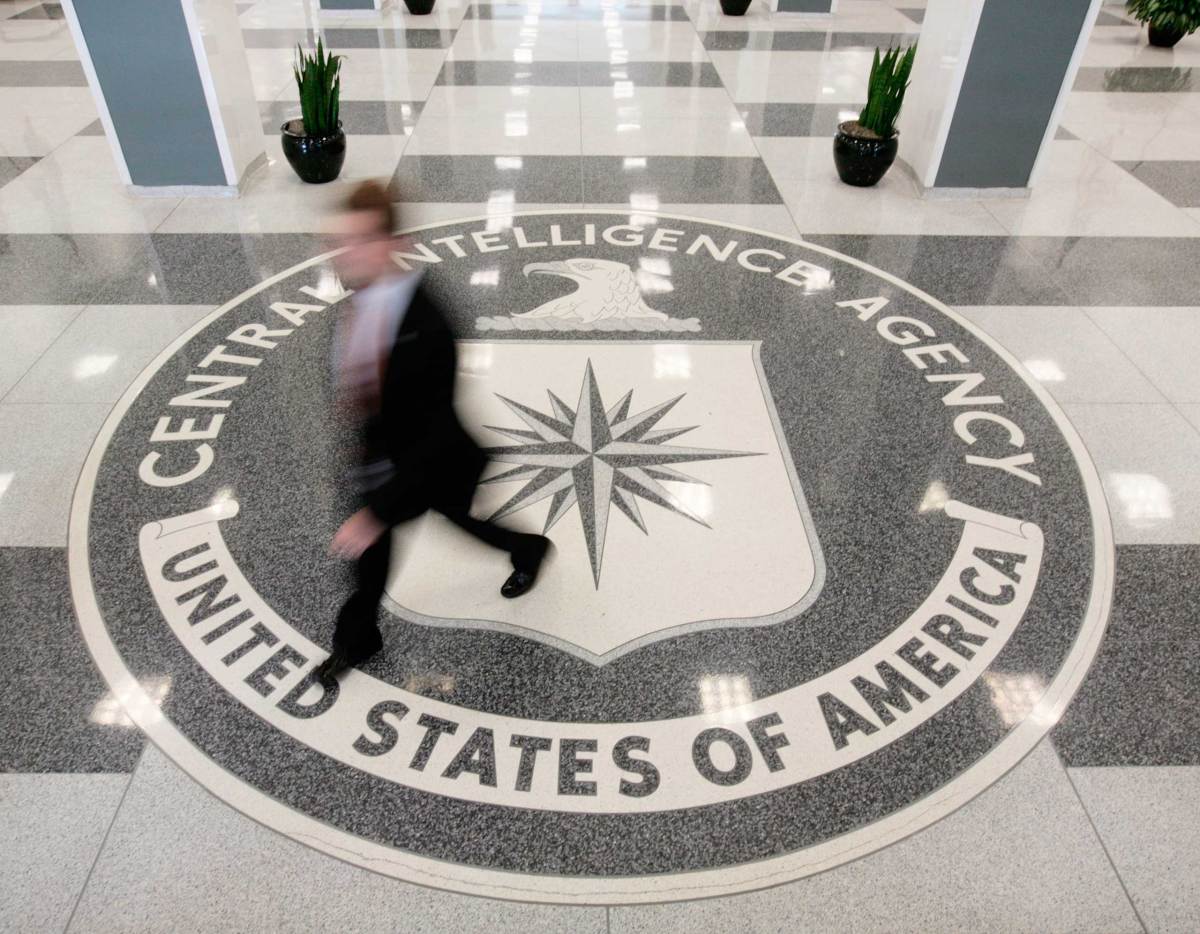
What is torture?
Torture is the use of excessive, brutal force to terrorize someone, to break the will and get someone to do or not do something. It has been used to gather information, purge the ideologically impure or to set an example of greater threats to come, like wiping out a village to scare the rest of the region. It has been practiced by individuals, gangs of thugs, states and churches. In its long and inglorious history, torture has been a frequent theme, for example: Romans and crucifixion, the Spanish Inquisition driving out heretics or the early days of the United States when witches were burned in public.
There are two things that seem to always be true about torture. Seemingly in every war, someone is being tortured about something by somebody. And there is always a more polite way, a euphemism, to explain the gruesome techniques. For example, “enhanced interrogation techniques” sounds much nicer than the word torture. “Rectal rehydration,” or to be even more clinical, proctolysis, sounds better than the reality of what is done as a way to quickly replace fluids in a patient who is in shock or unconscious.
The Senate Intelligence Committee released its executive summary of the still-classified report into the interrogation program of captured Al Qaeda suspects run by the CIA during the Bush administration. The investigation, prepared by Democratic staff members, took five years and cost an estimated $40 million. The summary is noteworthy for a number of reasons, but there are four points central to the ongoing debate.
What are the key points of the report?
According to the summary, the CIA’s use of what it calls enhanced interrogation techniques did not yield important information than could have been gotten through other, more humane techniques. The CIA lied about the program to the White House, Congress and the public about its effectiveness. The CIA’s management of the program was inadequate and flawed. And, most graphically, the CIA was more brutal than had been thought.
One important point that has been buried under the political baggage is that the summary acknowledges that some intelligence was indeed provided by detainees. But the actionable intelligence was also available from sources other than those who were coerced, the summary says.
Wasn’t much of this information already known?
Yes. Government leaks, effective reporting digging below the surface, Freedom of Information requests and reviews by outside groups including the Red Cross did release much of the information, including many of the techniques, such as the suffocation technique known as waterboarding. Many of the about 100 inmates who moved through secret prisons in Poland and Thailand were also known, as were the countries that aided the CIA. Still, there was new data, and the report carries the imprimatur of the Senate, giving it a measure of authority.
Who supports the report and summary?
In general, congressional Democrats back the investigation, as does at least one prominent Republican, Sen. John McCain (R-Ariz.), who was tortured as a prisoner during the Vietnam War.
Who opposes the report and what is their defense against the charges?
Republicans in general oppose the summary’s findings and are allied with the intelligence professionals and backers of the Bush administration under whose watch the program was developed and executed.
Specifically, the opponents argue that needed intelligence was gathered, that terrorist operations were disrupted and American lives saved. They rebut most technical arguments (such as people often lie under torture just to stop the pain) by pointing to the times. The program began just after the worst terror attack on the United States, when some 3,000 people were killed by hijacked jetliners in New York and Washington and people were clamoring for the government to do something – anything – to restore safety. It is unfair to judge those actions by today’s standards of greater security, which comes from the successful attacks on Al Qaeda, brought about by information gathered from torture, they say.
Further, some conservatives argue that the retrospective look is just a Democrat conspiracy to undermine the legacy of the Bush administration and an effort to throw current intelligence officials under the political bus. This part of the rebuttal comes most pungently from former Vice President Dick Cheney, who in television appearances has also defended the brutality, noting about one terror suspect: “Were they supposed to kiss him on the cheek and say, ‘Please tell us what you know’?”
Will the Senate report lead to the prosecution of anyone for torture or other crimes?
Torture is already illegal under U.S. law and by international treaty. But the current summary of excesses is unlikely to lead to any charges. The program was approved at the highest level of the U.S. government during the Bush years, so only unauthorized activities will be prosecuted, officials have said. None such have been identified.
What of the Obama administration?
On Jan. 22, 2009, days after he formally took office, President Obama issued Executive Order 13491 and banned all torture. The move rescinded all previous authorizations during the Bush years.
Obama praised the Senate summary, saying it “reinforces my long-held view that these harsh methods were not only inconsistent with our values as nation, they did not serve our broader counter-terrorism efforts or our national security interests.”
Obama has also found himself in the political vise of praising Senate Democrats and their torture findings while a close aide, his own CIA Director John O. Brennan, has defended the program, though Brennan agreed there were some management questions.
LA TIMES

Leave a Reply
You must be logged in to post a comment.